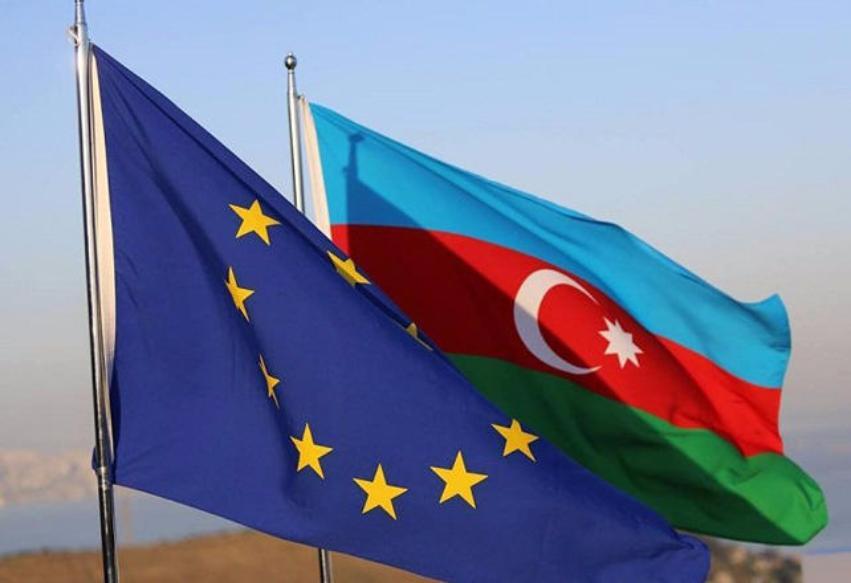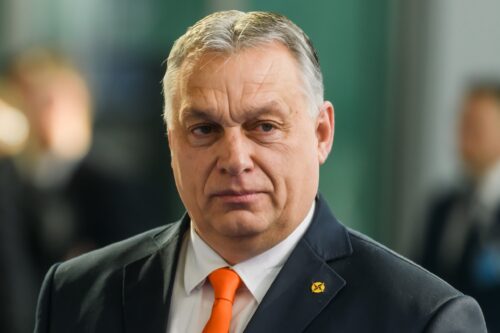
Azerbaijan’s scarce reserves and decrease in gas demand in EU cast doubt on long-term cooperation prospects between parties
Azerbaijan has strengthened its energy ties with the EU since 2022, ramping up gas deliveries and articulating ambitions to export renewable energy and green hydrogen to Europe in the future, Heinrich Böll Stiftung writes.
However, the EU’s shrinking gas demand and Azerbaijan’s lack of a genuine decarbonization strategy cast uncertainty on the long-term prospects of this partnership – all the more so given the EU’s persistent criticism of political repression and human rights violations in the South Caucasus republic.
In the past two years, Azerbaijan has significantly strengthened its energy ties with the EU helping the bloc lower its dependence on Russian gas. However, Azerbaijan is an important but by no means an indispensable energy supplier for Europe. While Azerbaijan has been investing into expanding gas production for export, the shrinking gas demand in Europe means that it runs the risk of being left with stranded assets. Azerbaijan has also intensified efforts to develop large-scale renewable energy capacity and to position itself as a key node along the envisioned green energy corridors connecting the South Caucasus and the Caspian region to Europe.
However, these plans are not rooted in a comprehensive energy transition policy domestically, and their economic rationale remains questionable. Finally, with its alarming human rights track record, Azerbaijan has been a controversial partner for the EU politically, and many voices – including in the European Parliament – have called for a critical reassessment of the relationship. Taken together, these factors cast uncertainty on the long-term prospects of Azerbaijan’s energy partnership with the EU.
For its part, Power Technology, specializing in the energy industry, noted that COP29 will be held in Baku this year. However, COP29 president-designate Mukhtar Babayev is the Minister of Ecology and Natural Resources–and also served as a vice-president at the State Oil Company of Azerbaijan (SOCAR). “However, while Azerbaijan has reaped the profits of immense oil and gas production for several decades (likely to continue for several more years), the IEA estimates that the country’s oil reserves, which have been declining since 2010, will only last another 25 years, compounding the need for alternative energy sources,” reads the article.


